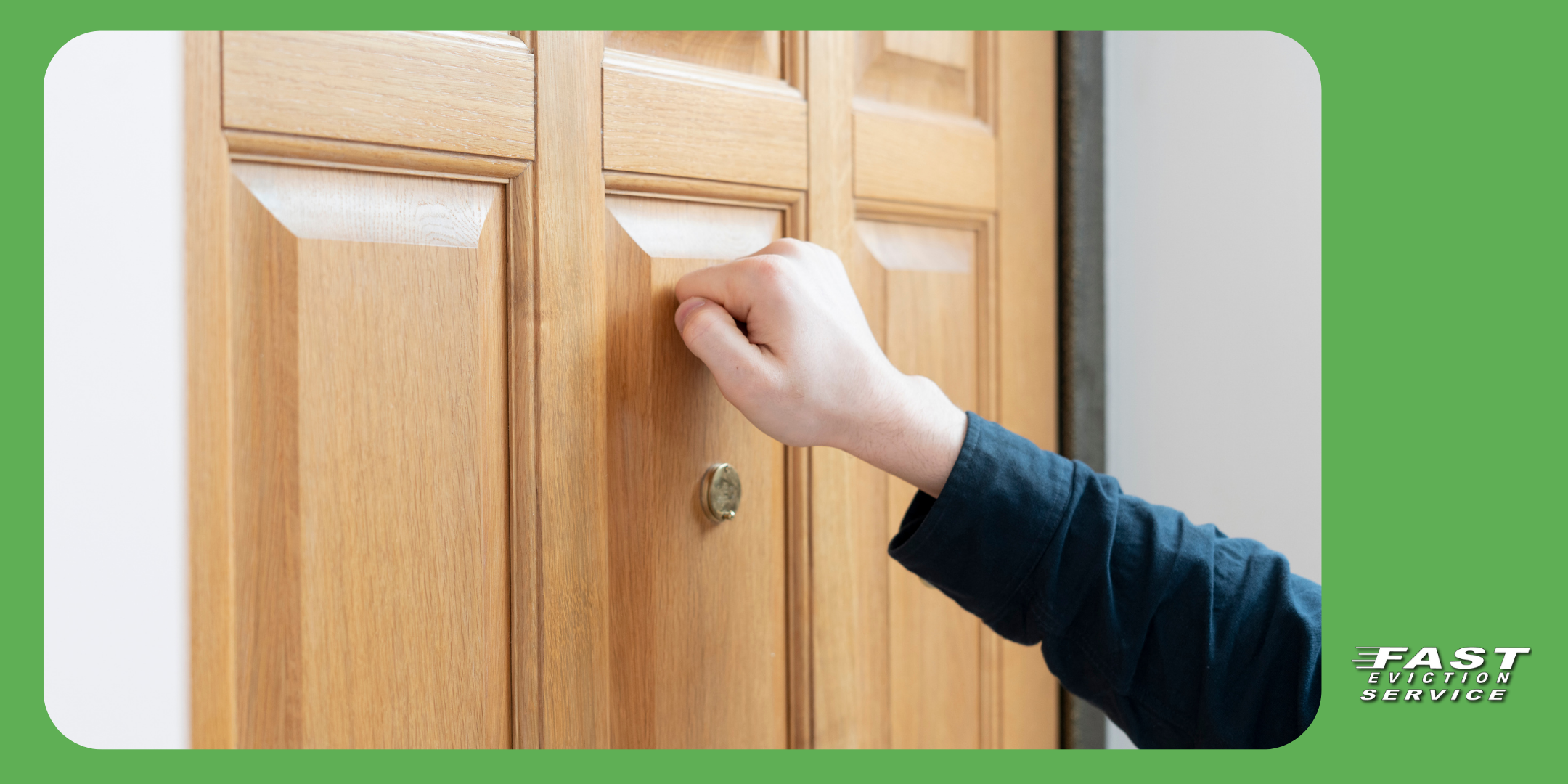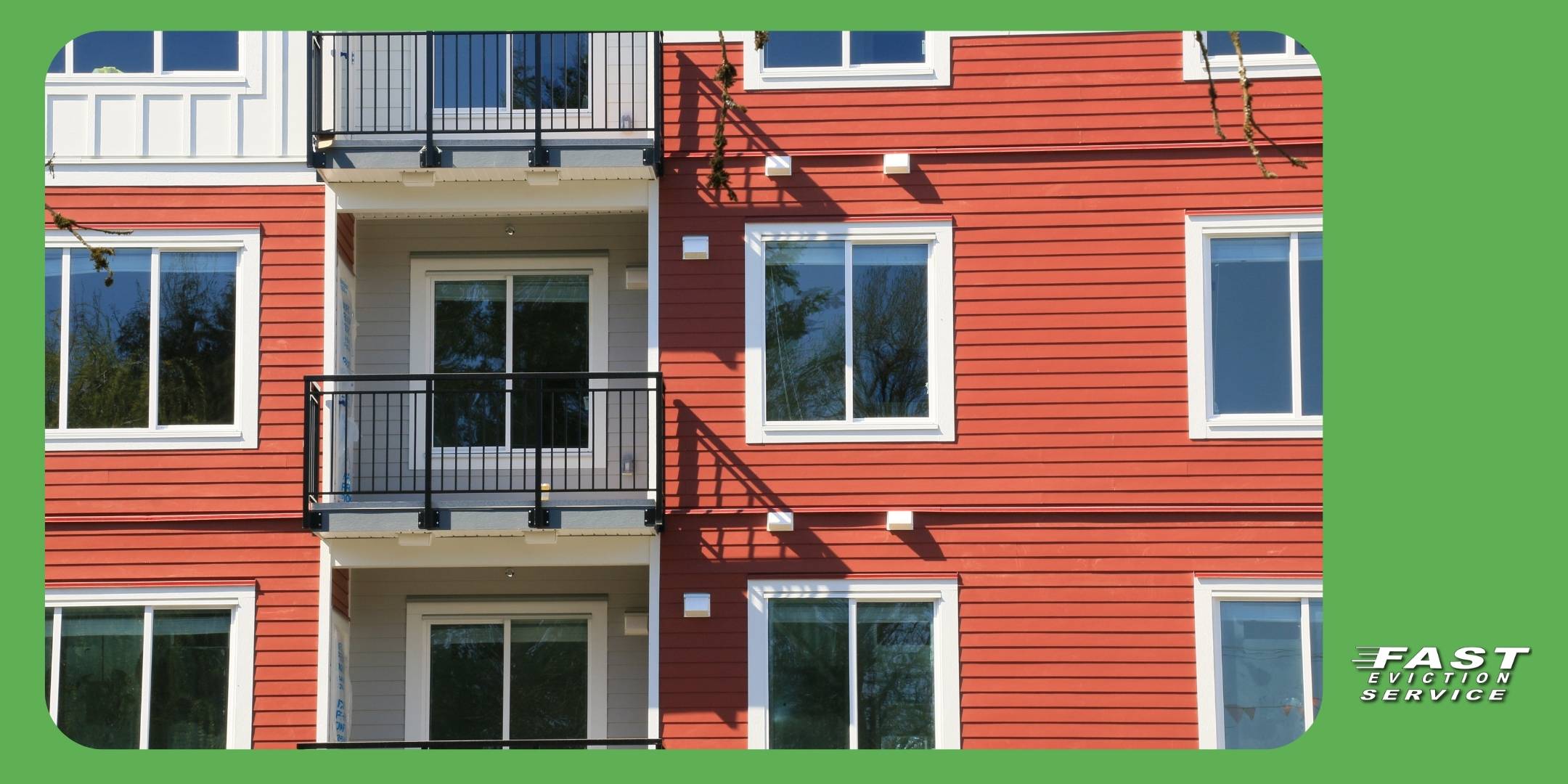Updated 03/19/25
Selling rental property with tenants can feel like walking a tightrope. On one hand, you’ve got an asset that’s generating income and potentially appealing to investor buyers. On the other hand, managing tenant expectations, legal compliance, and buyer skepticism can add layers of complexity. Whether you’re an experienced landlord looking to cash in on equity or a first-time rental owner ready to move on, the big question remains: should you sell now or wait until the property is vacant?

This article breaks down everything you need to know before you decide to sell a tenant-occupied property. We’ll explore the pros and cons, legal nuances, lease implications, and even how to navigate showings without ruffling feathers. By the end, you’ll have a clearer sense of whether selling a house with a tenant is right for you—or if waiting might be the better path.
Table of Contents
- Can I Sell My Property If a Tenant Is Still Living in It?
- The Pros and Cons of Selling With a Tenant
- What Landlords Should Know Before Listing a Rented Property
- How Lease Type Affects Your Selling Options
- When Is It Better to Wait Until the Tenant Moves Out?
- Negotiating an Early Move-Out: Risks and Rewards
- How to Handle Showings With a Tenant in Residence
- Marketing Tips for Tenant-Occupied Properties
- Legal Considerations When Selling With a Tenant
- Incentives to Encourage Tenant Cooperation During Sale
- Frequently Asked Questions
Can I Sell My Property If a Tenant Is Still Living in It?
Yes, you absolutely can sell a rental property while a tenant is still living in it. In fact, many landlords do just that. Whether you’re selling to another investor who wants built-in rental income or a homeowner who’s willing to wait until the lease ends, selling a rental with tenants is entirely legal in most states.
However, it’s not always as simple as sticking a “For Sale” sign in the yard. Tenant rights during the sale of property must be respected. That includes proper notice for showings, honoring lease terms, and keeping communication open. If you’re wondering, can I sell a rental with tenants and still make a smooth transition?—the answer is yes, but you’ll need a game plan and plenty of patience.
The Pros and Cons of Selling With a Tenant
Selling a tenant-occupied property has unique upsides and challenges. One clear benefit is the potential to attract investor buyers. A leased home with a reliable tenant in place can offer immediate cash flow, reducing vacancy risk. You also save time and money on prepping the unit for sale, as it may already be in livable condition.
But the drawbacks can’t be ignored. Buyers who want to live in the home may be turned off by the lease. Some tenants may not cooperate with showings, or worse, could leave the property looking unkempt. And if you’re in a state with strict laws on tenant rights, it can limit your flexibility during negotiations or post-sale transitions.
So, while selling a house with a tenant might sound like a win, weigh the convenience against the complications it can bring.
What Landlords Should Know Before Listing a Rented Property
Before you list, make sure you understand how your existing lease affects your selling options. If the tenant has a long-term lease, you’ll likely need to sell to an investor or someone willing to honor the terms. On the flip side, if it’s a month-to-month arrangement, you may be able to issue a notice to vacate, depending on local regulations.
Check your local laws carefully—especially if you’re planning a landlord selling property notice to tenant. You’ll also want to review your tenant’s payment history, behavior, and likelihood of cooperating during showings. A respectful, responsive tenant can make the process a whole lot easier.
Knowing how to sell a home with renters is as much about managing relationships as it is about marketing strategy.
How Lease Type Affects Your Selling Options
Your lease agreement is a central player in this whole process. If your tenant is on a fixed-term lease, the lease “runs with the property.” That means any buyer must accept the lease and the tenant until the end date.
If your tenant is on a month-to-month lease, your flexibility increases. You may be able to terminate the tenancy with proper notice, often 30 to 60 days depending on local rules. However, be careful—some states have strict rent control or tenant protection laws that could limit your ability to remove even a month-to-month tenant without cause.
Selling property with a lease agreement in place isn’t necessarily a hurdle—but it does limit who your target buyer can be.
When Is It Better to Wait Until the Tenant Moves Out?
Sometimes, patience pays off. If the lease is nearing its end or the tenant has shown signs they may not renew, it might be smarter to hold off and list the property once it’s vacant.
Vacant homes appeal more to traditional buyers because they can envision themselves living in the space. You also gain control over repairs, upgrades, and staging—without needing tenant approval. Plus, without a tenant in place, showings are a breeze to schedule.
If your tenant has a poor track record or the home needs serious attention, waiting until they move out could save you from showings that hurt rather than help your sale.
Negotiating an Early Move-Out: Risks and Rewards
If waiting doesn’t align with your goals, you could try negotiating an early move-out. Offer your tenant a relocation incentive or reduced rent for leaving sooner than the lease ends. While this can be an effective tactic, it’s not without risks.
Tenants may refuse the offer or demand more than you’re willing to pay. You’ll also need to document the agreement clearly to avoid misunderstandings. Make sure any agreement is in writing and signed by both parties.
Understanding the art of negotiating tenant move-out can save you stress—and maybe even money—down the road.
How to Handle Showings With a Tenant in Residence
Scheduling showings when a tenant still lives in the unit can feel like tiptoeing through a minefield. First and foremost, always provide proper notice—usually 24 or 48 hours, depending on your jurisdiction. But don’t just rely on legality; courtesy goes a long way.
Talk to your tenant about preferred times and days. Ask them to keep the home tidy, and consider offering a small incentive like a gift card or rent discount. The smoother the showing experience, the faster you’ll land a serious buyer.
Many landlords overlook this part, but how you handle showings can make or break your chances of selling rental property with tenants.
Marketing Tips for Tenant-Occupied Properties
Marketing a tenant-occupied property takes a bit more finesse. Your listing should highlight the upside: rental income, good tenants, stable lease terms. Use professional photos, especially if showings may be limited. Investors love numbers, so be ready to provide rent rolls, maintenance records, and lease copies.
Transparency matters here. Being upfront about the lease terms and tenant details builds trust with buyers. And remember—your marketing should target the right audience. If you’re still wondering how to sell a home with renters, the key is tailoring your message to the buyer who sees your tenant as an asset, not a liability.
Legal Considerations When Selling With a Tenant
One of the biggest concerns when selling a rental with tenants is legal compliance. You must honor the lease, respect the tenant’s privacy, and follow local landlord-tenant laws. Violating these can lead to lawsuits, delays, or even cancellation of the sale.
Also, pay attention to disclosures. If you’re in a state where tenant rights during sale of property are protected by law, you may need to inform the buyer in writing. Consult an attorney or local housing authority to ensure you’re covered.
Skipping legal steps can cost you far more than a delayed sale—it can cost your reputation.
Incentives to Encourage Tenant Cooperation During Sale
If you’ve ever had a tenant slam the door on a showing or ignore your calls, you know how important cooperation is. Sometimes, offering incentives can turn a reluctant tenant into a helpful one.
You might offer a rent discount, pay for cleaning, or even provide a cash bonus at closing. Be creative, but also be fair. These small gestures often lead to better showings, quicker offers, and smoother transactions.
Selling tenant-occupied property doesn’t have to be a headache. When you treat your tenant like a partner, you’re more likely to get their buy-in.
Frequently Asked Questions
Can I legally sell my house with a tenant in it?
Yes, you can. Just be sure to follow your state’s laws on tenant notice and lease agreements.
What if the tenant won’t let buyers in for showings?
You may have legal grounds to enter with proper notice, but cooperation is always better. Try offering incentives first.
Do I have to tell buyers there’s a tenant in the home?
Yes. Full disclosure about the tenant and lease terms is essential, especially for investor buyers.
How can I get my tenant to move out early?
You can try negotiating tenant move-out by offering compensation or other perks, but never pressure or harass.
What’s the best type of buyer for a tenant-occupied property?
Typically, investors looking for passive income and a turnkey rental property.
If you’re on the fence about selling rental property with tenants, remember this: every situation is different. Know your rights, understand your tenant’s lease, and think carefully about your ideal buyer. The better prepared you are, the smoother your sale will be.




